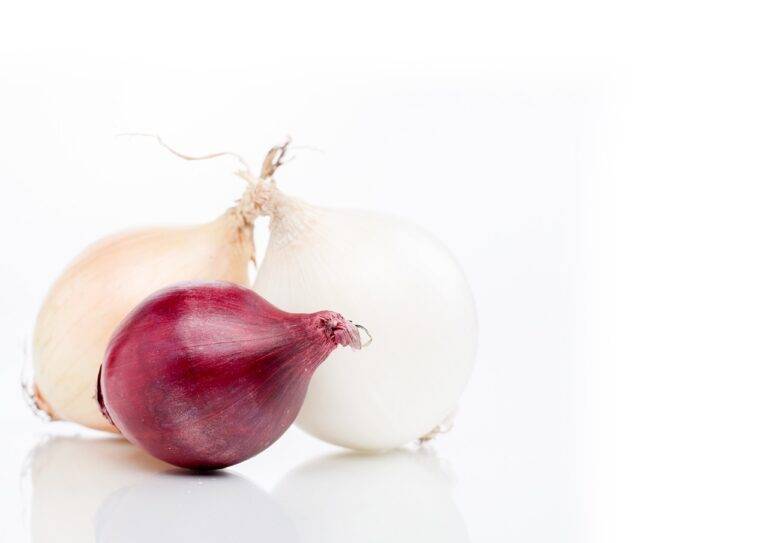Exploring the Impact of Novel Proteins in Pet Food Formulation: Diamond exchange, Sky99exch com login, Www.reddy book.club login
diamond exchange, sky99exch com login, www.reddy book.club login: Exploring the Impact of Novel Proteins in Pet Food Formulation
When it comes to pet food formulation, there is a growing trend towards using novel proteins. These proteins are sourced from non-traditional sources such as venison, duck, bison, and even insects. While traditional proteins like chicken, beef, and lamb have long been staples in pet food, novel proteins offer a range of benefits for both pets and their owners. In this article, we will explore the impact of novel proteins in pet food formulation, including their nutritional value, potential allergenicity, and sustainability.
Nutritional Value of Novel Proteins
Novel proteins can provide a unique and diverse nutrient profile compared to traditional proteins. For example, venison is a lean protein that is rich in iron and B vitamins, while duck is high in omega-3 fatty acids, which are essential for skin and coat health. By incorporating novel proteins into pet food formulations, manufacturers can offer a wider range of nutrients to support overall health and well-being in pets.
Potential Allergenicity of Novel Proteins
One of the key benefits of using novel proteins in pet food is the potential to reduce the risk of food allergies. Many pets develop allergies to common proteins like chicken and beef, leading to skin irritations, digestive issues, and other health problems. By introducing novel proteins that pets have not been exposed to before, manufacturers can help reduce the risk of allergic reactions and provide options for pets with sensitivities.
Sustainability of Novel Proteins
Another important consideration when formulating pet food is sustainability. With the increasing demand for meat products globally, there is growing concern about the environmental impact of traditional meat production. Novel proteins offer a more sustainable alternative, as they can be sourced from less resource-intensive sources like insects or plant-based proteins. By incorporating these novel proteins into pet food formulations, manufacturers can help reduce the environmental footprint of pet food production.
Incorporating Novel Proteins into Pet Food
While novel proteins offer a range of benefits for pets, formulating pet food with these ingredients can present challenges. Manufacturers must ensure that novel proteins meet the nutritional requirements of pets, are palatable, and are readily available in sufficient quantities. Additionally, manufacturers must consider taste preferences, digestibility, and affordability when incorporating novel proteins into pet food formulations.
The Future of Novel Proteins in Pet Food
As the pet food industry continues to evolve, novel proteins are likely to play an increasingly important role in pet food formulation. With advancements in technology and research, manufacturers can explore new sources of protein that offer unique nutritional benefits for pets. By incorporating novel proteins into pet food formulations, manufacturers can provide a wider range of options for pet owners who are looking for high-quality, sustainable, and allergen-friendly pet food options.
FAQs
Q: Are novel proteins safe for pets?
A: Novel proteins are generally safe for pets, but it is important to introduce them gradually and monitor for any signs of allergies or sensitivities.
Q: What are some examples of novel proteins used in pet food?
A: Examples of novel proteins include venison, duck, bison, rabbit, and insect-based proteins like cricket flour.
Q: Can novel proteins help reduce food allergies in pets?
A: Incorporating novel proteins into pet food formulations can help reduce the risk of food allergies in pets, as they offer alternative protein sources that pets may not have been exposed to before.
Q: Are novel proteins more sustainable than traditional proteins?
A: Novel proteins can be more sustainable than traditional proteins, as they often require fewer resources and have a lower environmental impact.
Q: How can pet owners ensure their pets are getting the right balance of nutrients with novel proteins?
A: Pet owners should consult with their veterinarian to ensure that their pets are getting the right balance of nutrients with novel proteins, as they may have specific dietary requirements or sensitivities that need to be taken into account.







